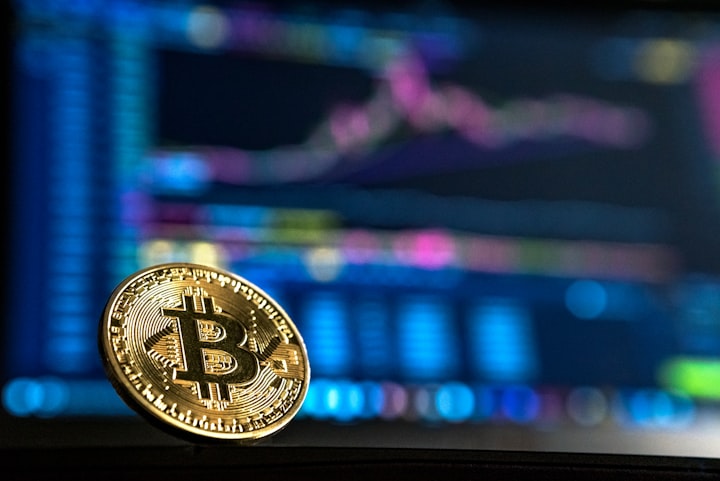Cryptocurrency Wallets: How to Keep Your Digital Assets Safe
A Comprehensive Guide to Securing Your Cryptocurrency Investments in the Digital Age

Cryptocurrencies have grown in appeal over the past few years. Growing numbers of people are beginning to invest in this new asset class as a result of the popularity of digital currencies like Bitcoin, Ethereum, and others. However, the demand for safe and secure storage is increasing along with the value of these digital assets. This article will examine cryptocurrency wallets in more detail and offer some advice on how to safeguard your digital assets.
What are cryptocurrency wallets?
A cryptocurrency wallet is a piece of software that keeps track of private and public keys, communicates with different blockchain networks, and allows users to send and receive digital currency as well as check their balance. Cryptocurrency wallets do not hold actual currency, in contrast to conventional wallets. They instead keep digital assets like Bitcoin, Ethereum, and other cryptocurrencies in storage.
Hot wallets and cold wallets are the two primary categories of cryptocurrency wallets. A wallet that is online is known as a "hot wallet" whereas a wallet that is offline is known as a "cold wallet." Although hot wallets are frequently simpler to use, they are also more prone to theft and hacking. On the other hand, cold wallets are more secure but are more complicated to use.
How to keep your digital assets safe?
Choose a reputable wallet
Choosing a reputable wallet is the first step to keeping your digital assets secure. Although there are a lot of cryptocurrency wallets on the market, not all of them are the same. Some wallets are more trustworthy in the community and have higher levels of security than others. It's crucial to conduct research and pick a wallet with a solid security history.
Use two-factor authentication
In order to access your account, you must enter a code or use a biometric verification method, such as a fingerprint or face ID, as an additional layer of security. Enabling 2FA gives your account an additional layer of security, making it more difficult for hackers to access your digital assets.
Keep your private keys secure
The most crucial component of your cryptocurrency wallet is private keys. They give you access to your digital assets and enable you to conduct transactions. You must protect your private keys and never divulge them to anyone. Your digital assets are vulnerable to theft if someone obtains your private keys.
Back up your wallet
It's crucial to regularly backup your cryptocurrency wallet. You might never regain access to your digital assets if your computer crashes or if your phone is stolen or lost. You can retrieve your private keys and gain access to your digital assets from a different device by creating a backup of your wallet.
Keep your software up to date
It's essential to update your wallet software to maintain security. Updates are frequently released by wallet providers to address bugs and security holes. You can make sure you have the newest security features and defense against known vulnerabilities by keeping your software updated.
Be aware of phishing scams
In the world of cryptocurrencies, phishing scams are widespread. Hackers frequently send emails or messages requesting your private keys or other sensitive information that appear to be from reputable businesses. You must be aware of these frauds and refrain from disclosing your private keys or other sensitive information to anyone.
Conclusion
A key component of the cryptocurrency ecosystem are cryptocurrency wallets. They make it possible for users to safely store and manage their digital assets. However, given the rising value of these assets, precautions must be taken in order to protect your digital assets. Your digital assets can be safeguarded by selecting a reputable wallet, enabling two-factor authentication, keeping your private keys safe, backing up your wallet, updating your software, and being aware of phishing scams.
About the Creator
Monil Jain
Writing about things I'm passionate about 🧿






Comments
There are no comments for this story
Be the first to respond and start the conversation.